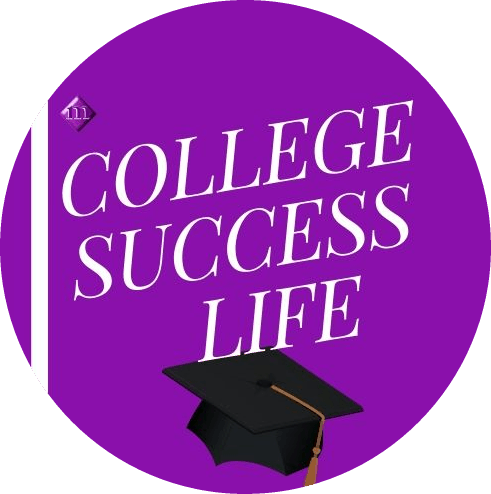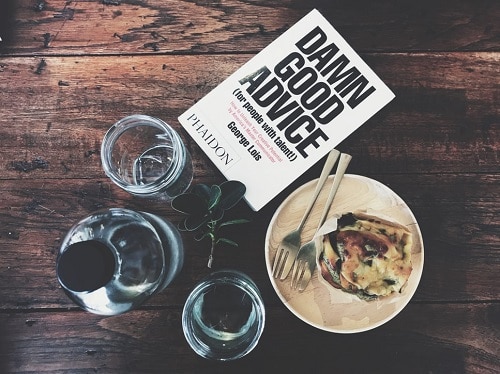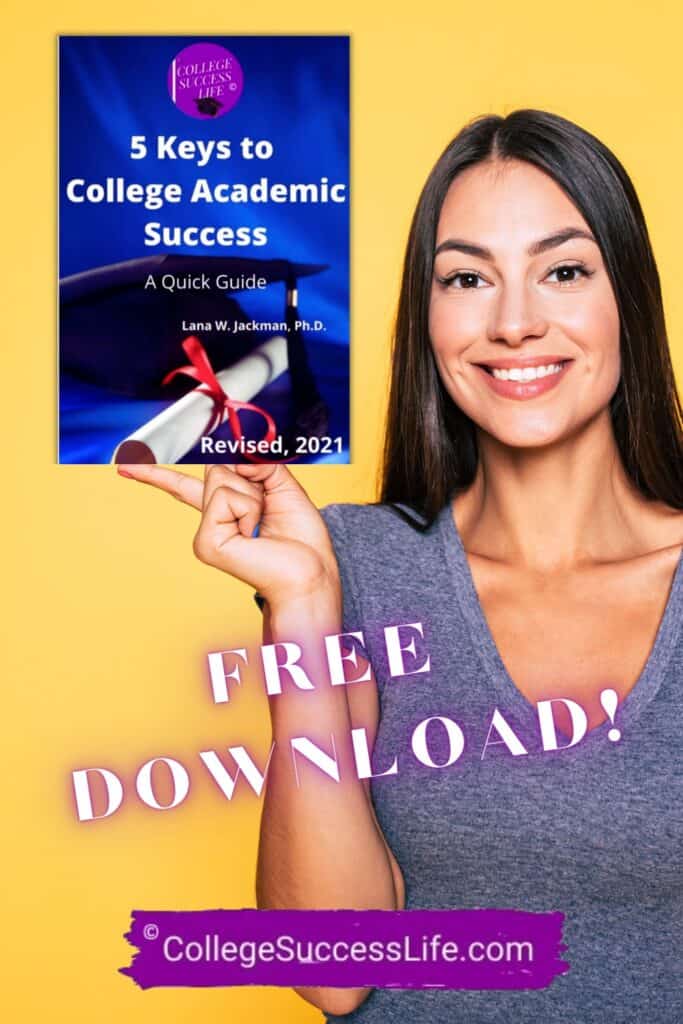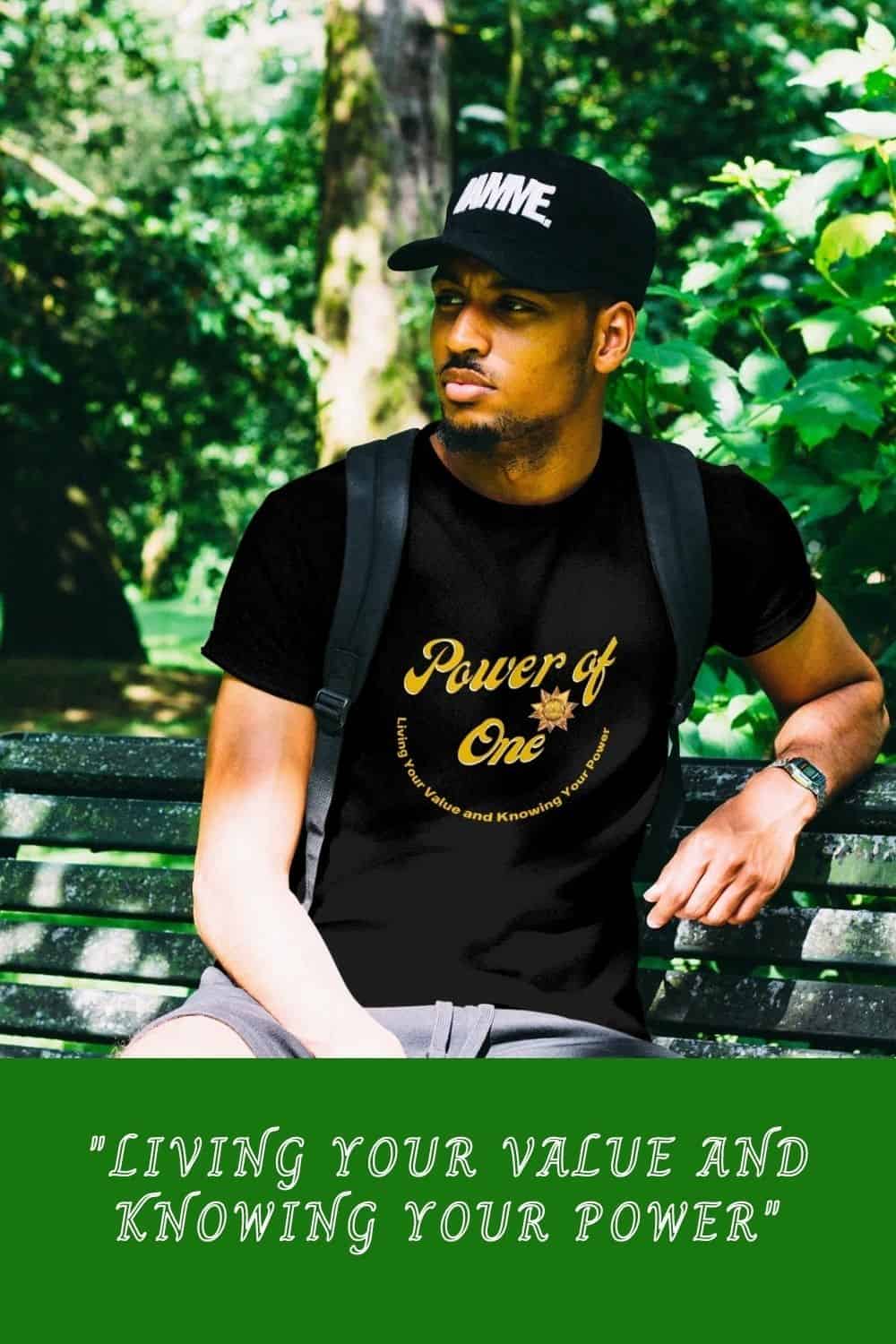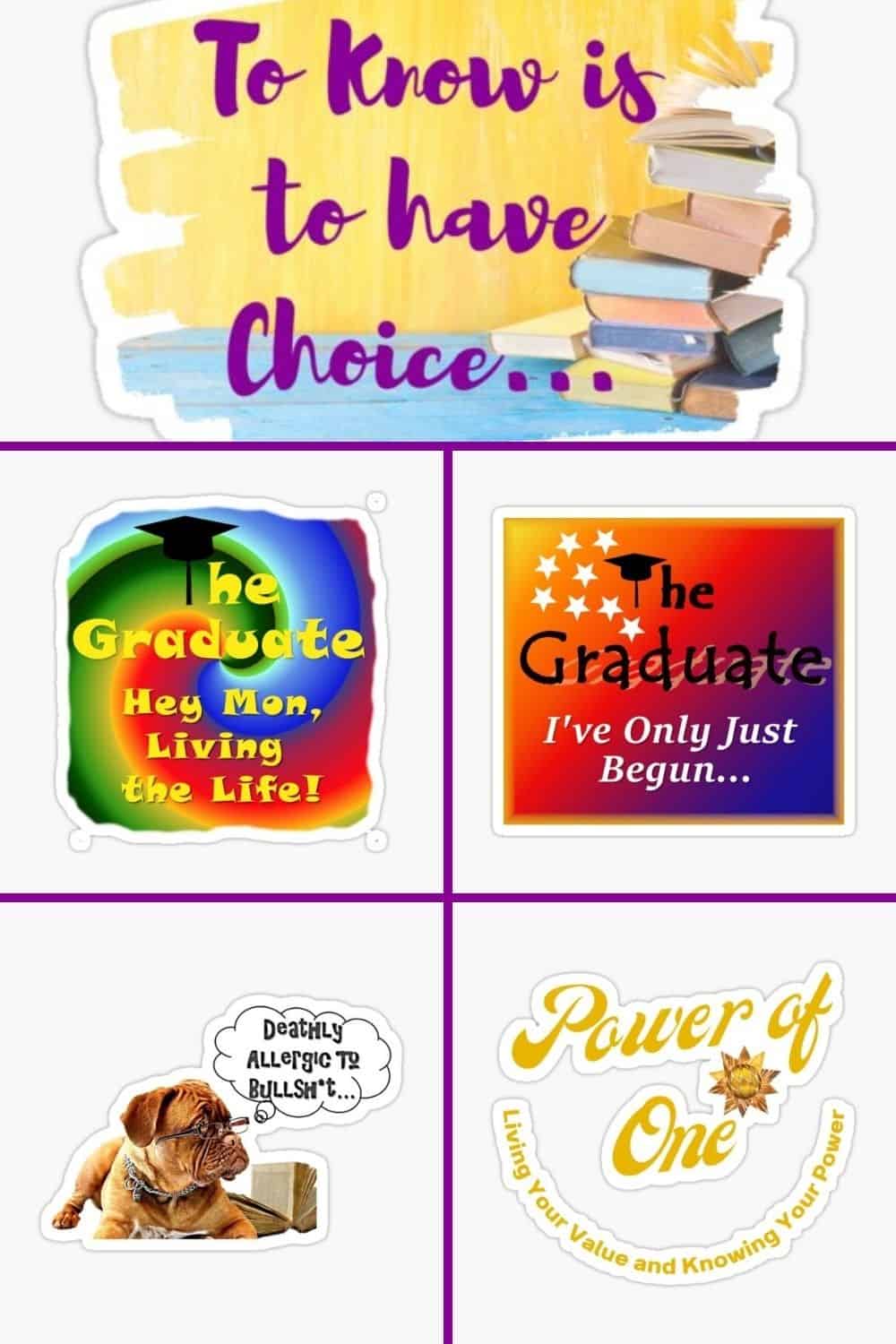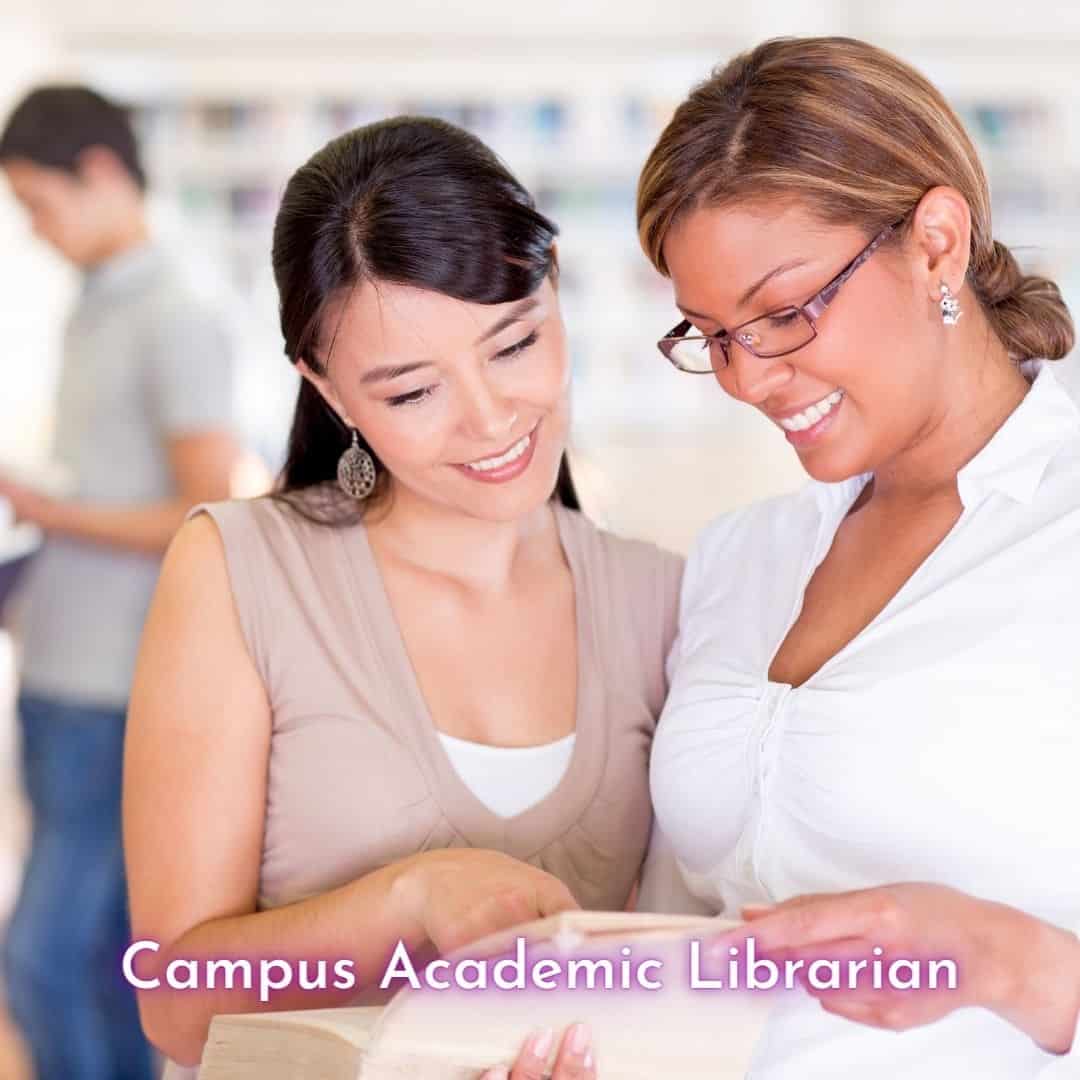
How Academic Librarians Can Boost Your G.P.A.
Updated: February, 2021
Foremost, academic librarians are not only the masters of the information universe but also the internet as well.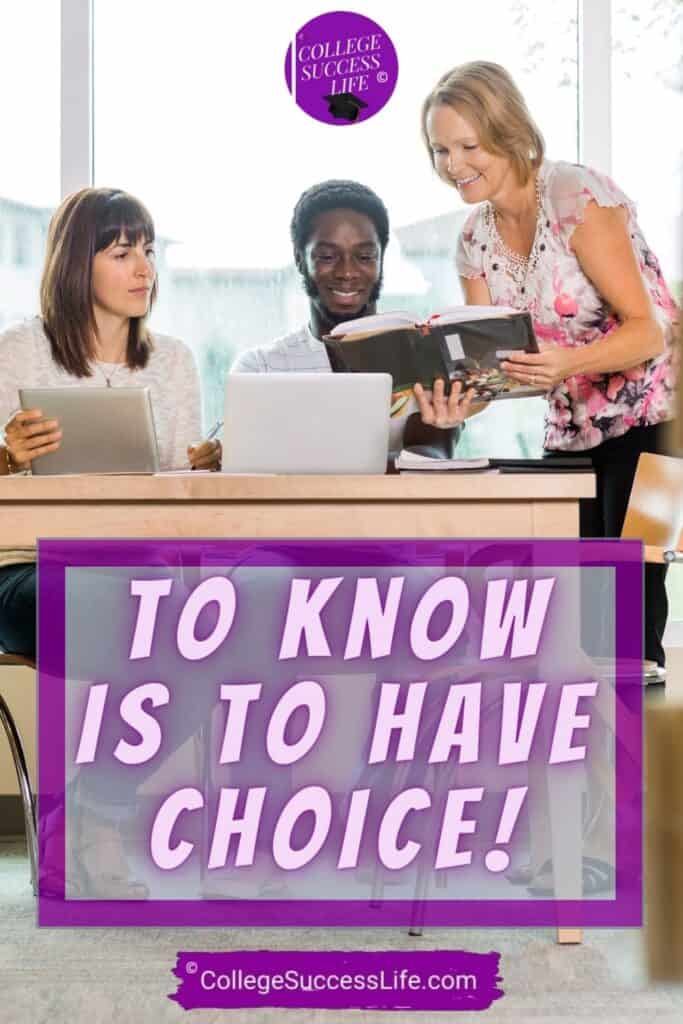
They’re the who-why-when-what-where-how information educators of the academic enterprise.
What they know can help you boost your grade point average (G.P.A.) and attain your goal of graduating on time.
And if you haven’t already done so, now’s the time to add an academic librarian to your VIP networking list.
Preparing for an exam, writing a research paper, or working on a group project?
Then have you checked in with your campus academic librarian about study strategies, writing tips, or design techniques?
If not, then you’re missing out!
Building a Collaborative Relationship With Your Campus Academic Librarian
Looking for a good collaborator? Then be proactive. Seek recommendations about who’s who in the library from your peers and faculty. Campus academic librarians can really be helpful to you in achieving your academic goals.
Not to seek them out and consult with them regularly is missing a golden opportunity. After all, these folks are educators and can be more helpful than you think!
So review carefully the list below of why the internet is no substitute for a campus academic librarian. You may be pleasantly surprised to learn why you need to add them to your VIP network.
Afterwards, let that information sink in and then plan your consultation strategy. Remember, final exams are just around the corner and research paper writing time is at hand.
And most of us can use all the help we can get!
Benefits of Collaborating with Your Campus Academic Librarian*
- Deep and broad knowledge of subjects and terminology.
Simply put, academic librarians are masters of the information universe, having learned their skills through their master’s degree program in library science. - Experience in topic development.
They have an aptitude for understanding who produces information, what kinds of information are available, and the viability of a research topic. Help students efficiently broaden, narrow, and redirect their topics; identify alternative sources of information; and examine topics from the perspective of several disciplines. - Knowledge about reference sources and their effective use.
Know the content of reference sources and databases in order to recommend those that are most useful. Know how to frame a question so search terms will yield results, an aptitude for generating synonyms and related terms, and the ability to quickly review search results to identify language that relates to students’ topics. - Experience in doing research projects.
Their experience comes from the scholarly work they do as faculty members and from having been students themselves pursuing advanced degrees. Share advice about such practical matters as techniques for taking notes and staying organized. Promotes the value of reading secondary literature first to become familiar with a subject. - Know how to present research in a paper so that the flow is interesting and makes sense.
And how to manage citations in group projects for which every member contributes a different section of the paper.
Yes, There’s More…
- Knowledge about people on campus.
Most importantly, their knowledge of faculty members enabled them to refer students to subject experts who could help them in either a formal capacity (e.g., as an academic adviser) or an informal one (e.g., someone to talk to about a topic) .Their familiarity with professors’ expectations and preferences helps them to answer students’ questions about how to approach an assignment or present their results. - Ability to use synthesis to arrive at an answer.
Answering students’ research questions often requires finding pieces of information from original sources (or within the same source), and then using synthesis to arrive at the desired answer. - Skill in active listening and providing affective support.
Uses reference interview skills and active listening techniques to better understand the meaning behind the students’ words. Asks clarifying questions to assess how students needed support or affirmation, or how students were confused and either didn’t know it or wouldn’t admit it. - The ability to adjust consultation technique for the student.
Considering the personality, level of research knowledge, and complexity of the assignment. - Provided reassurance, encouragement, and confidence-building in many consultations.
Serving as “cheerleaders” or “coaches” whenever warranted. Consistently working to lower the psychological and emotional barriers that many student researchers face.
Researcher Beware: Anyone can post anything on the Internet!
- In the academic world, the Internet is like the Encyclopedia Britannica–accesses a vast array of surface knowledge, topics, and subjects, requiring the use of research skill techniques to validate and produce information products such as research papers, books, newspaper articles, and social media activities.
- Regularly using search engines like Google and Bing to find specific information often results in feelings of anxiety and being overwhelmed…like trying to find a needle in a haystack.
- Always remember that anyone can post anything on the internet. The internet quality control police, as yet, do not exist.
- And, as a result, you always have to validate your information sources and resources to determine what’s true and what’s mythology.
- Always consult your campus academic librarian for research support on any course assignment.
Your Best Academic Resource… Your Campus Reference Librarian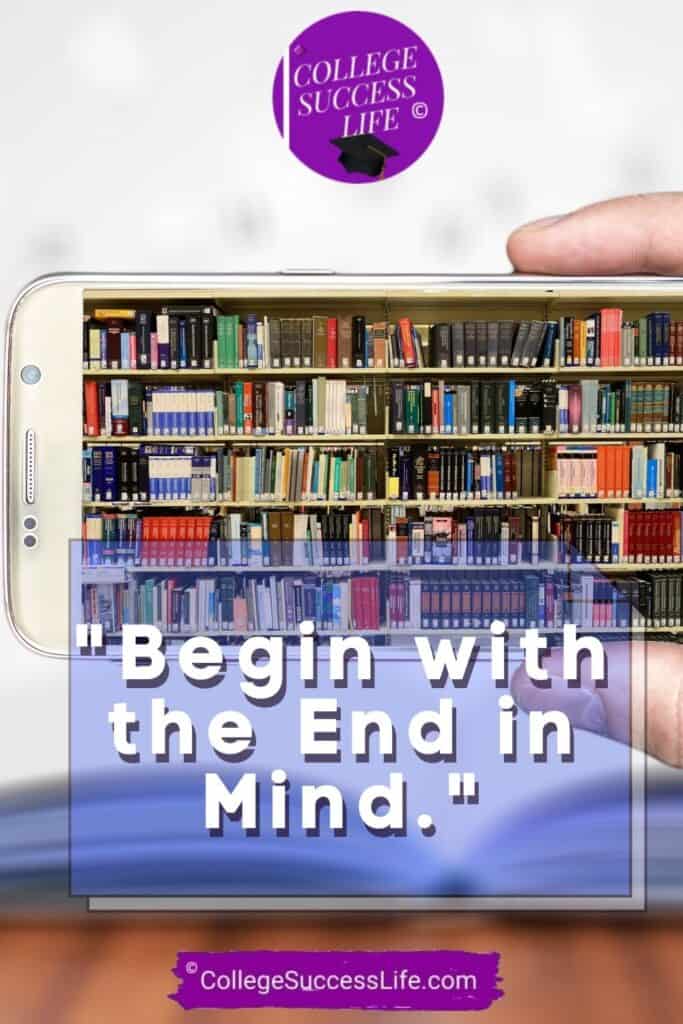
On most American college and university campuses, academic librarians are indeed enthusiastic student-centered service providers and ardent champions of student academic success.
As you move through your academic program, make it a point early on to add a campus academic reference librarian to your support team.
Along with your academic adviser, these are two people you need to consult with regularly.
And don’t wait for a crisis to happen before you connect.
Both individuals are skilled at helping you make the best choices, selecting the most informative options, and pursuing beneficial opportunities.
*We adapted the above recommendations from Magi, T., & Mardeusz, P. (2013). What students need from reference librarians: Exploring the complexity of the individual consultation. College & Research Libraries News, 74(6), 288-291. doi:https://doi.org/10.5860/crln.74.6.8959
#campusreferencelibrarian #academiclibrarian #college #collegestudent
A Word to the Wise...
An Academic Pearl of Wisdom
Whenever a college student faces an academic and/or social challenge, they often ask a peer or a friend first for advice.
And that’s okay.
However, resolving the issue to your best advantage often requires consulting with an academic advising professional as well.
Your academic adviser knows the campus academically, administratively, and socially.
And what they don’t know, they can point you to the person who does know. Include this strategy in your current plan for college success.
And we're always available to help as well!
Disclaimer Reminder: A college student's first line of inquiry should always be with their campus academic adviser. College Success Life Advising Sessions provide additional problem-solving options to undergraduate and graduate students for further exploration on their individual campuses. Students should always consult their assigned adviser not only during the course selection process but periodically to keep apprised of programmatic changes, testing requirements, course additions/deletions, GPA modifications, etc.
Disclosure: This page contains affiliate links, which means we will make a commission at no extra cost to you, if you make a purchase after clicking my link.
